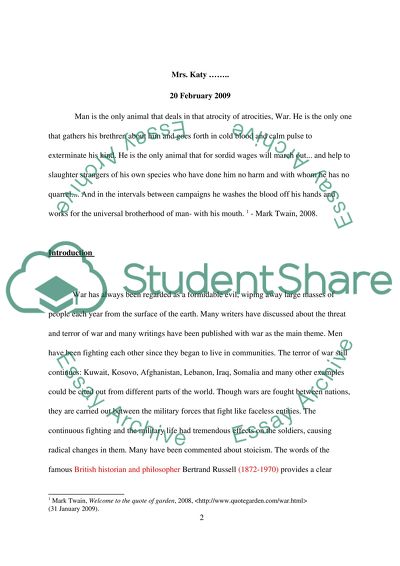Cite this document
(Camouflaged Emotions and Stoicism in the Military Essay, n.d.)
Camouflaged Emotions and Stoicism in the Military Essay. https://studentshare.org/military/1551269-camuflaged-emotions-stoicism-in-the-military
Camouflaged Emotions and Stoicism in the Military Essay. https://studentshare.org/military/1551269-camuflaged-emotions-stoicism-in-the-military
(Camouflaged Emotions and Stoicism in the Military Essay)
Camouflaged Emotions and Stoicism in the Military Essay. https://studentshare.org/military/1551269-camuflaged-emotions-stoicism-in-the-military.
Camouflaged Emotions and Stoicism in the Military Essay. https://studentshare.org/military/1551269-camuflaged-emotions-stoicism-in-the-military.
“Camouflaged Emotions and Stoicism in the Military Essay”. https://studentshare.org/military/1551269-camuflaged-emotions-stoicism-in-the-military.


